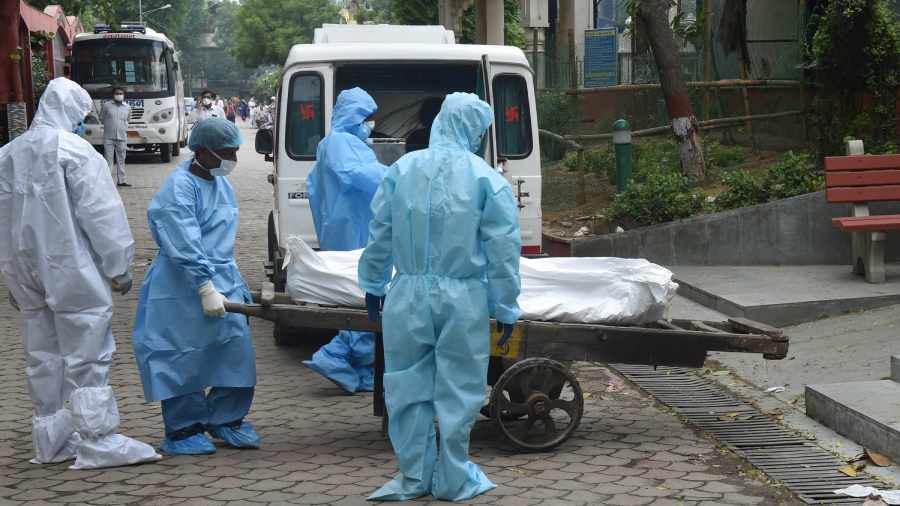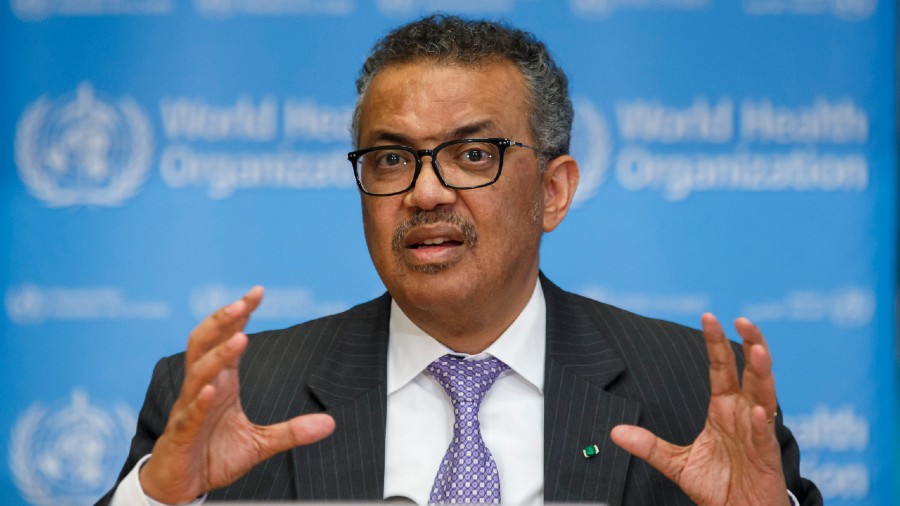Widespread, global failures at multiple levels in the COVID-19 response led to millions of preventable deaths and reversed progress made towards the UN Sustainable Development Goals (SDGs) in many countries, according to a new Lancet COVID-19 Commission report.
The Commission critically considers the global response to the first two years of the COVID-19 pandemic, citing widespread failures of prevention, transparency, rationality, basic public health practice, and operational cooperation and international solidarity that resulted in an estimated 17.7 million deaths.
The report also finds that most national governments were unprepared and too slow in their response, paid too little attention to the most vulnerable groups in their societies, and were hampered by a lack of international cooperation and an epidemic of misinformation.
The Commission drew evidence using new epidemiological and financial analyses to outline recommendations that will help hasten the end of the COVID-19 emergency, lessen the impact of future health threats, and achieve long-term sustainable development.
The report warns that achieving these goals hinges upon a strengthened multilateralism that must centre around a reformed and bolstered World Health Organisation (WHO), as well as investments and refined planning for national pandemic preparedness and health system strengthening, with special attention to populations experiencing vulnerability.
Crucial investments also include improved technology and knowledge transfers for health commodities and improved international health financing for resource limited countries and regions.
Two years of work
The Commission is the result of two years of work from 28 of the world's leading experts in public policy, international governance, epidemiology, vaccinology, economics, international finance, sustainability, and mental health, and consultations with over 100 other contributors to 11 global task forces.
"The staggering human toll of the first two years of the COVID-19 pandemic is a profound tragedy and a massive societal failure at multiple levels," said Professor Jeffrey Sachs from Columbia University, US
"We must face hard truths -- too many governments have failed to adhere to basic norms of institutional rationality and transparency; too many people have protested basic public health precautions, often influenced by misinformation; and too many nations have failed to promote global collaboration to control the pandemic," said Sachs.
Collective action needed
The report noted that collective action should be taken immediately to promote public health and sustainable development to bring an end to the pandemic.
It also underscores the need to address global health inequities, protect the world against future pandemics, identify the origins of this pandemic, and builds resilience for communities around the world.
"We have the scientific capabilities and economic resources to do this, but a resilient and sustainable recovery depends on strengthened multilateral cooperation, financing, biosafety, and international solidarity with the most vulnerable countries and people," Sachs added.
Costly delays by WHO
The report noted that costly delays by WHO to declare a "public health emergency of international concern" and to recognise the airborne transmission of S-CoV-2 coincided with national governments' failure to cooperate and coordinate on travel protocols, testing strategies, commodity supply chains, data reporting systems, and other vital international policies to suppress the pandemic.
The lack of cooperation among governments for the financing and distribution of key health commodities -- including vaccines, personal protective equipment, and resources for vaccine development and production in low-income countries -- has come at dire costs, it said.
These inequities were exacerbated by extensive misinformation campaigns on social media, low social trust, and a failure to draw on the behavioural and social sciences to encourage behaviour change and counter the significant public opposition to routine public health measures seen in many countries, the report noted.
Public health setbacks
The deepening of socioeconomic inequities, coupled with economic and public health setbacks and growing social and political tensions, has jeopardised the 2030 SDG agenda, the authors of the report said.
Two clear timelines have been set for pandemic response and preparedness: immediate actions in the short-term to end the COVID-19 emergency, and longer-term policy recommendations for a new era of multilateral cooperation to achieve long-term sustainable development, they said.
To control the pandemic, the Commission proposes that all countries adopt a vaccination-plus strategy, combining widespread vaccination with appropriate public health precautions and financial measures.
Global vaccine-plus strategy
"A global vaccine-plus strategy of high vaccine coverage plus a combination of effective public health measures will slow the emergence of new variants and reduce the risk of new waves of infection while allowing everyone (including those clinically vulnerable) to go about their lives more freely," said Commission co-author Salim S. Abdool Karim from the Columbia University, US.
"The faster the world can act to vaccinate everybody, and provide social and economic support, the better the prospects for exiting the pandemic emergency and achieving long-lasting economic recovery," Karim added.












